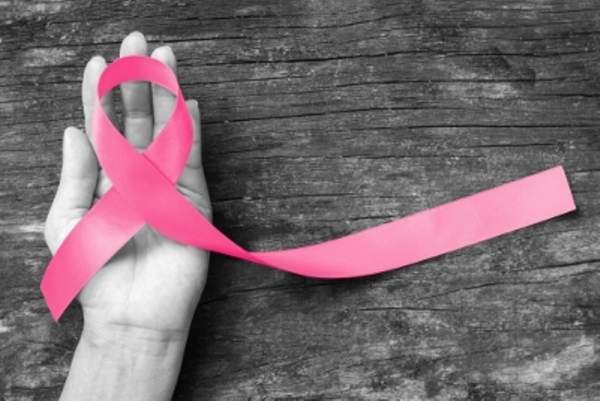Two years into the pandemic, healthcare systems continue to face significant challenges to provide routine health services.
A recent study, conducted by the UK National Health Service (NHS), found a significant disruption to cancer services, specifically to breast cancer screening in women. GlobalData epidemiologists expect that the results from this study may indicate a potential drop in newly diagnosed cases of invasive breast cancer in the UK.
In the NHS Digital report, published in February, an analysis was conducted on the impact of the pandemic on the number and uptake of screening invitations, coverage, health outcomes, and cancer detection rate of the UK’s Breast Cancer Screening Programme. One key finding identified a concerning 44.1% reduction in the number of women screened for breast cancer between 2020 and 2021, from 2.12 million in 2020 to 1.19 million in 2021, the lowest levels observed since 2011.
Screening aims to identify cancers as early as possible, to ensure that patients receive treatment at an earlier stage and improve prognosis. The NHS Breast Cancer Screening Programme invites all women between the ages of 50 and 70 for screening every three years. At the start of the pandemic in March 2020, the program was effectively paused for three months, in order to support the COVID-19 control response and protect patients and staff from the virus.
Screening services resumed for high-risk women in July 2020, shortly followed by routine screening. However, due to a lack of capacity, the NHS has since struggled to clear the backlog of screening appointments.
In the UK, GlobalData epidemiologists forecast diagnosed incident cases of invasive breast cancer to rise from 55,600 in 2020 to 61,100 in 2030. However, should the reduction in breast cancer screening continue, a decrease in diagnosed incident cases will likely be observed and could lead to cases falling below current forecast estimates. These changes, however, may be temporary as the impacts of the COVID-19 pandemic lessen over time and screening levels return to pre-pandemic levels.

US Tariffs are shifting - will you react or anticipate?
Don’t let policy changes catch you off guard. Stay proactive with real-time data and expert analysis.
By GlobalDataThe shortfall in screening coverage may likely drive an increase in undiagnosed breast cancer, particularly amongst this group of unscreened women. Women with undiagnosed breast cancer who are subjected to delayed screening are likely to be diagnosed at a later stage of illness, which is more difficult to treat i.e., a larger tumor, higher grade, or potential spread of the cancer.
This will likely further pressure on already strained healthcare services across the UK. It is important that catch-up services are prioritized to ensure that an adequate level of screening coverage is maintained, and women are diagnosed and treated as early as possible to improve patient outcomes.






